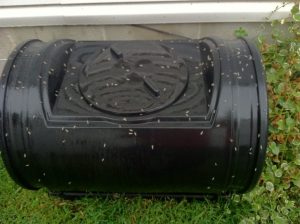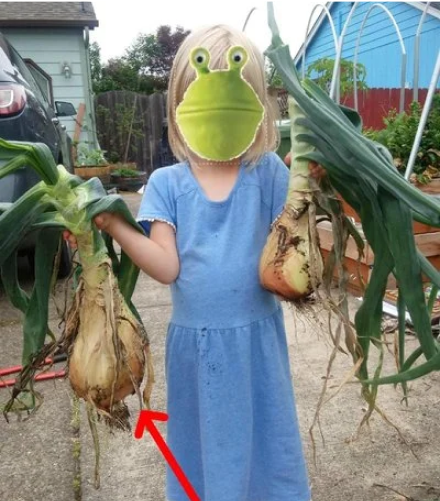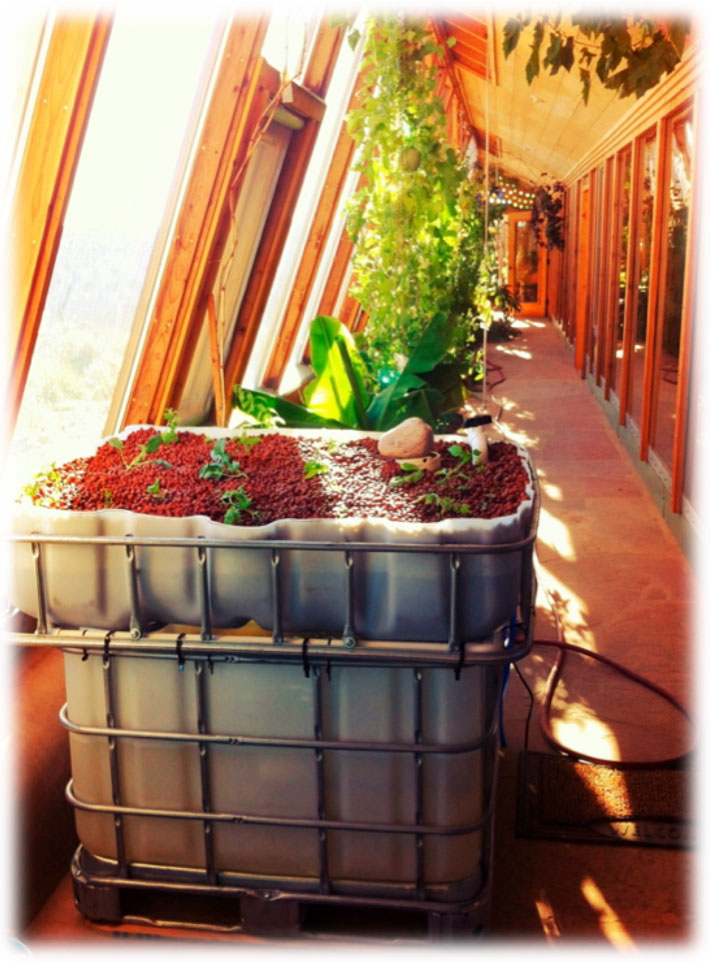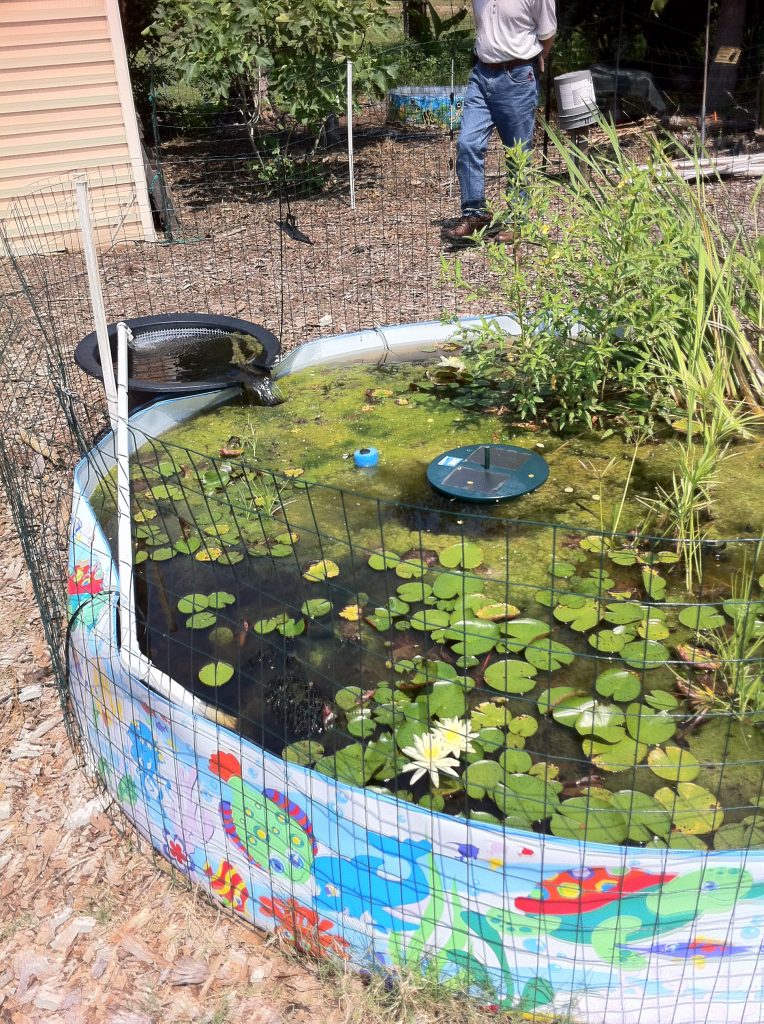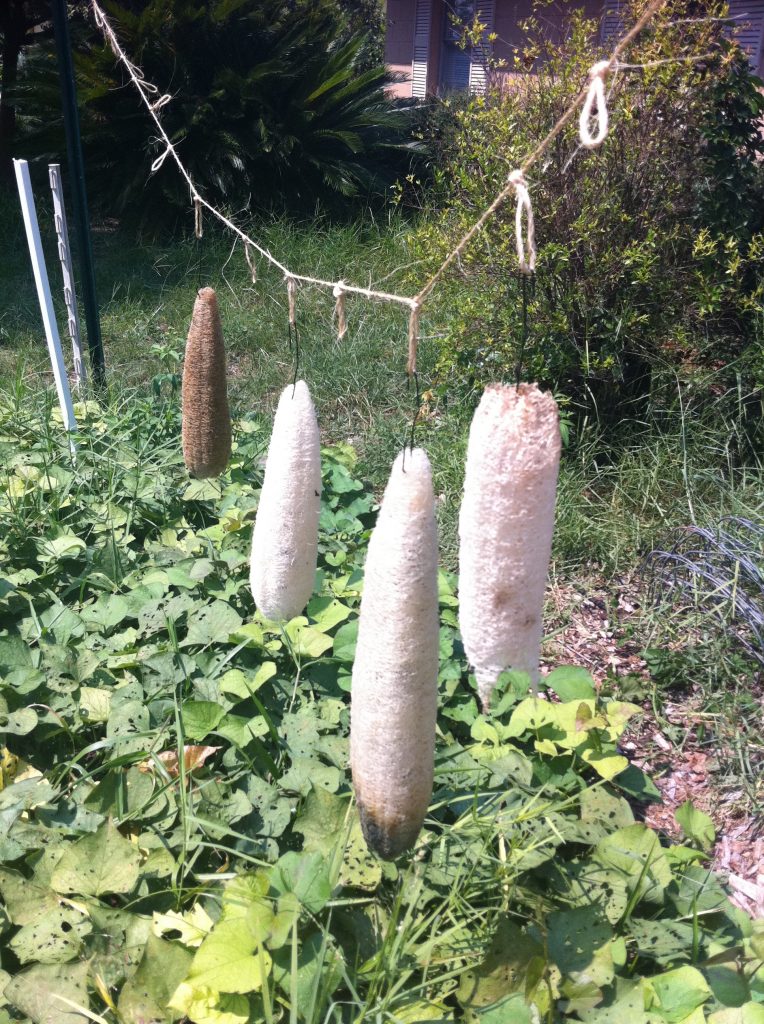When people start composting they sometimes think that it will be a walk in the park… And often times, it can be if you know a few basic principles. One of the common complaints I hear is that they don’t know what to do about maggots in compost. Maggots in your compost bin are not a great thing to have because they breed pesky house flies and can carry disease. Luckily, it is very easy to prevent maggots from entering your compost if you follow these easy steps.

1. Understand the fly, master the maggot
I often take the approach of understanding the nature of whatever organism I am dealing with whether it is a plant, animal or an insect. With a bit of research you can easily learn the weak points of your pests and how to beat them. So, to get started we need to know a few things. Firstly, maggots are fly babies. Flies lay eggs in rotting matter so their young larvae (maggots) can have an abundant supply of food right when they hatch. Secondly, maggots need a very wet environment to grow and thrive BUT they need a dry environment to hatch into flies. A maggot will leave its rotting food dwelling in order to reach it’s next cycle of life. If the area is too wet, they won’t be able to hatch and flies will no longer lay eggs in that area.
That said, if you are using a worm composter and find maggots in there, just be sure to keep your composter wet because the maggots will not be able to pupate in the wet environment. The worms will then compost the maggots and add a little protein to the mix 😉

2. Provide good ventilation NOT an entry way
The way the maggots get into the compost in the first place is from a fly getting in there. So, you have to block them from entry. A screen is all you need to keep flies out and let air in. Many pre-made compost systems (like the one shown here) come equipped with screens. If you are building your own composter, be sure to include a wire mesh screen that is fine enough to keep out flies.

3. Bring the heat!
In order to create high quality finished compost it needs to heat up. And I don’t mean warm. I mean HOT. We’re talking between 120 and 140 degrees. Believe it or not, the right balance of leaves, green mater and oxygen can create and sustain this hot environment in no time. The point here is that when it is that hot, no maggot will survive nor will any harmful bacteria or seeds that you don’t want germinating. The only thing that survives is the good stuff, just like nature intended it. Learn more about how to compost here.
If you are able to follow these three easy steps, you won’t have any trouble keeping your composter maggot free and your home clear of house flies.
Any other concerns on maggots in compost bins out there?
If you read this, follow the directions and STILL have maggot issues, please comment or contact us directly and we will help you clear it up.
(Public service announcement: DO NOT search for maggots on Google Images unless you want to be sick. + Image credit: Google Images)
